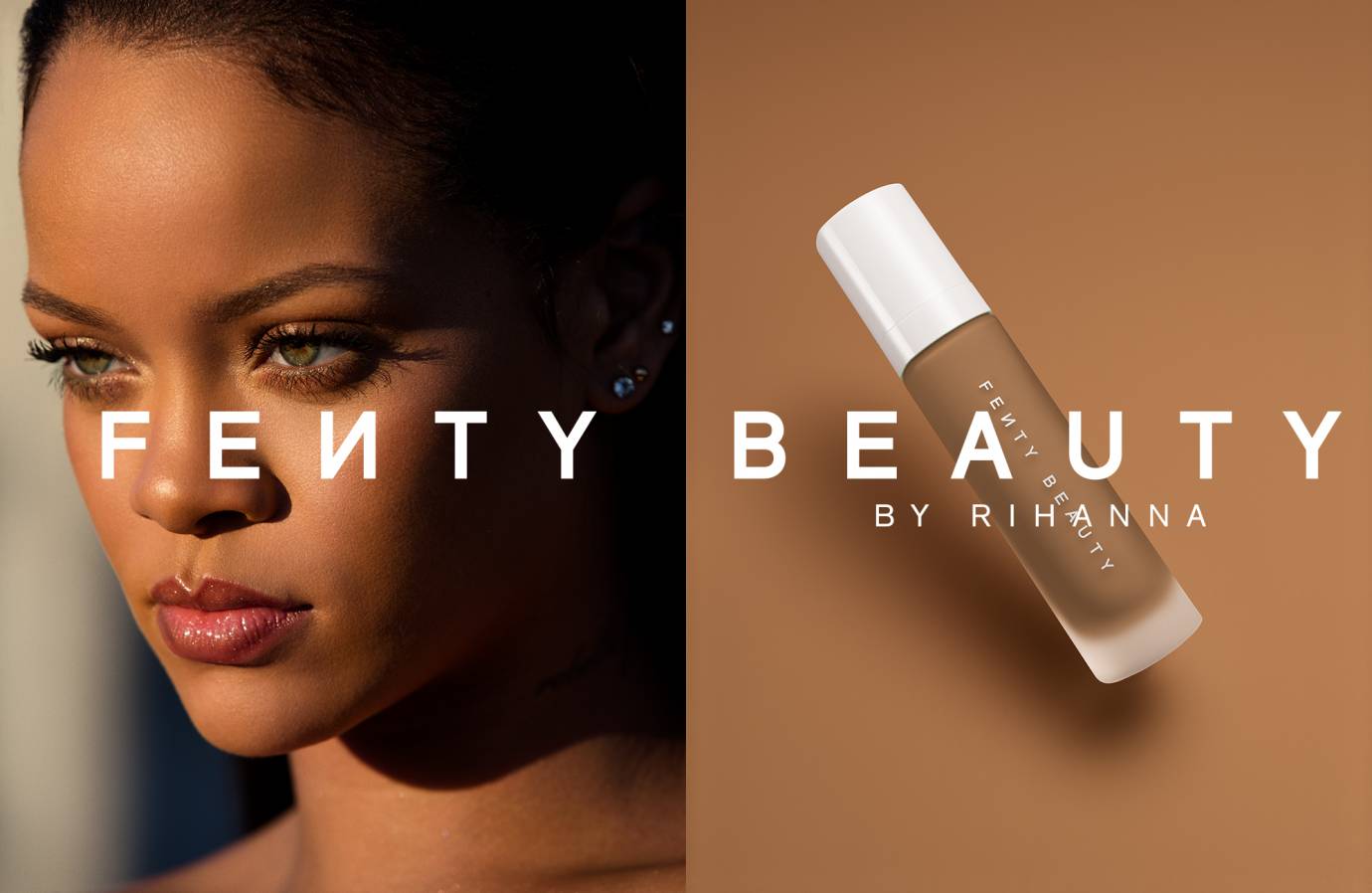Far from being a proper modern luxury firm, the troubles of The Body Shop still offer instructive advice for many operating on the ethical side of the modern luxury spectrum.
The beauty brand, at the directive of CEO Jeremy Schwartz, has gone all-in on sustainable in recent years, but a piece at Bloomberg reveals some of the false assumptions that have led to the brand’s downturn (bolded for our emphasis):
“Schwartz takes his approach too far. Most label-conscious consumers aren’t really diehard activists. This is part of what social scientists call the “ethical consumption gap”: People who claim sustainability is important to their purchase decisions often don’t put their money where their mouth is.
First and foremost, the modern consumer is still interested in product quality, and competitors appear to be getting better customer reviews. Whoever [acquires] The Body Shop will have to explain to customers in what way the company’s products are better than the growing crop of other “natural,” “sustainable” and “ethical” brands.”
Consider these takeaways:
- Ethical alone isn’t enough. Shoppers don’t care as much as you think they do. We at Lean Luxe continue to stand firm on the belief that ethical products alone are not truly enticing. Rather, it’s the combination of great product — that just so happens to be ethical — which is the real draw. Ethical or sustainable in isolation is worthless, and an ethical-first company that just happens to make good products second will, over the long term, fare poorly in comparison to the type of brand whose ethical priorities are reversed.
- Too volatile. The reason is simple: to base your company on the basis of a fad (no matter how well-meaning) leaves you incredibly exposed. As the fad dies out you’re left with a shell of a company whose main selling point no longer draws interest.
How this applies to modern luxury space: For ethical MLCs, it’s far too easy to get tunnel vision. It takes very little effort to fall prey to the romanticism of the perfect ethical product, or to become entranced by the rosy vision of a verdant, sustainable future. But the smart companies know that product integrity — apart from activism or policy — is what keeps businesses running over the long term. A vehemently sustainable company like Patagonia, for example, wouldn’t matter — nor would it have lasted for 40 years — if the core product, first and foremost, was not up to par.






